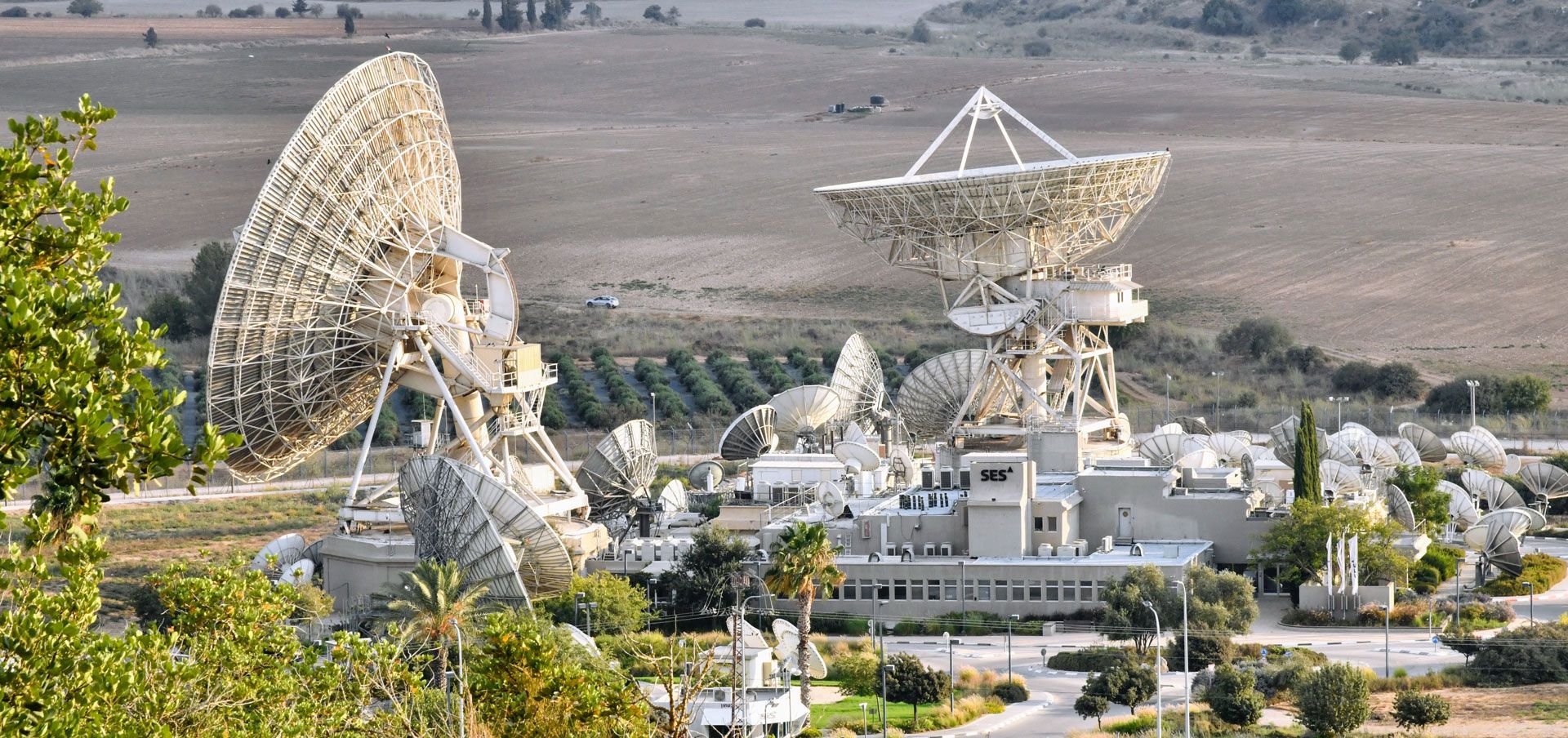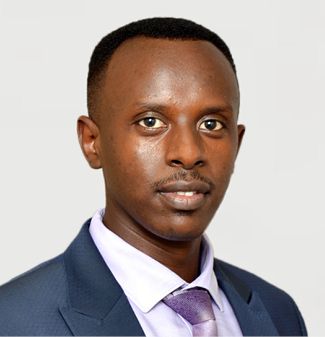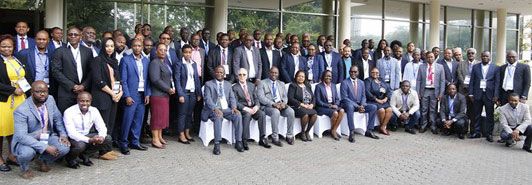
Space plans: Protecting long-term access to orbit and spectrum


Georges Kwizera, Chief Technology Officer, Rwanda Space Agency and Chairman, African Telecommunications Union (ATU) Working Group on Satellite Regulatory Matters
Satellites are revolutionizing telecommunications and transforming domains such as Earth observation, navigation, and space exploration.
In an era such as this, we must urgently address the challenges of securing the two fundamental resources for satellite operations: space orbital positions and their associated frequency spectrum.
The International Telecommunication Union (ITU) has been entrusted with the task of allocating and safeguarding satellite resources. In line with its mandate, ITU has employed two primary approaches:
- allocating a portion of the radio-frequency spectrum on a first come, first served basis to promote efficient utilization.
- reserving the remaining resources, with a special focus on providing equitable access for developing countries.
The commitment to fairness is enshrined in the Radio Regulations, especially Appendices 30, 30A and 30B.
A critical opportunity for resource recovery
Unfortunately, over the years, reserved resources have suffered from a lack of adequate protection measures within the treaty. The upcoming World Radiocommunication Conference (WRC‑23) in Dubai, United Arab Emirates, presents a critical opportunity to address this pressing issue and ensure the long-term accessibility and sustainability of satellite orbit resources.
One significant focus of WRC‑23 will be the recovery of orbital resources for satellite-based broadcasting services in 55 affected countries, with 31 of those being African nations.
The discussions aim to incorporate the recovered resources into planned resource allocations, offering the necessary protection and ensuring future utilization in line with the treaty. This commendable effort, supported by ITU and its Radiocommunication Bureau (BR) since 2015, demonstrates a commitment to rectifying past oversights and fostering equitable access for all nations.
The concept of implicit agreement
Another key topic to be addressed at WRC‑23 is the concept of “implicit agreement” within the treaty governing planned satellite resources. While intended to facilitate coordination between existing satellite resource holders and new satellite network introducers, this concept has inadvertently caused significant challenges, especially for developing countries.
A lack of qualified staff and low capacity to respond to coordination requests has often resulted in the degradation of planned satellite resources, rendering them unusable. In effect, a country’s silence on such interference or infringement has amounted to consent in international legal terms.
As developing countries seek to unlock their satellite potential, this concept of implicit agreement must be removed or mitigated. Such measures are imperative for WRC‑23 to address.
Such steps will ensure that all nations can pursue their development aspirations, irrespective of current resources, without undue hindrance.
Equitable access to satellite resources
WRC‑23 will also delve into the issue of satellite networks that are registered with ITU for global coverage while serving only a small area of the globe in reality. This limitation undermines the aspirations of countries, particularly developing ones, seeking to establish satellite services.
By addressing this concern and considering mechanisms to enable wider access, the conference can promote equitable access to satellite resources, which will fuel innovation, economic growth, and knowledge exchange for all nations.
Furthermore, ITU needs mechanisms to enable new or increasingly engaged members to acquire satellite resources and establish long-term access without unnecessary bureaucratic hurdles. This inclusive approach will foster global collaboration and ensure that every nation can participate fully in the benefits of ITU membership.
What WRC‑23 can resolve
The upcoming WRC‑23 promises to be a significant milestone in safeguarding long-term access to satellite resources. The protection of orbital positions and associated frequency spectrum is paramount for the efficient operation of satellites, which is vital to facilitate communication, Earth observation, navigation, and space exploration.
This conference — by addressing resource recovery, revisiting the concept of implicit agreement, re-examining unnecessary global coverage for certain networks, and ensuring smooth access for all ITU members — holds the potential to shape a more equitable and sustainable future for satellite technology.
As we embark on this crucial event, let us seize the opportunity to foster global cooperation and unleash the full potential of satellite resources for the benefit of all nations.

Credit: African Telecommunications Union
Download your copy of the ITU News Magazine: Satellite connectivity.
Header image credit: Rwanda Space Agency
